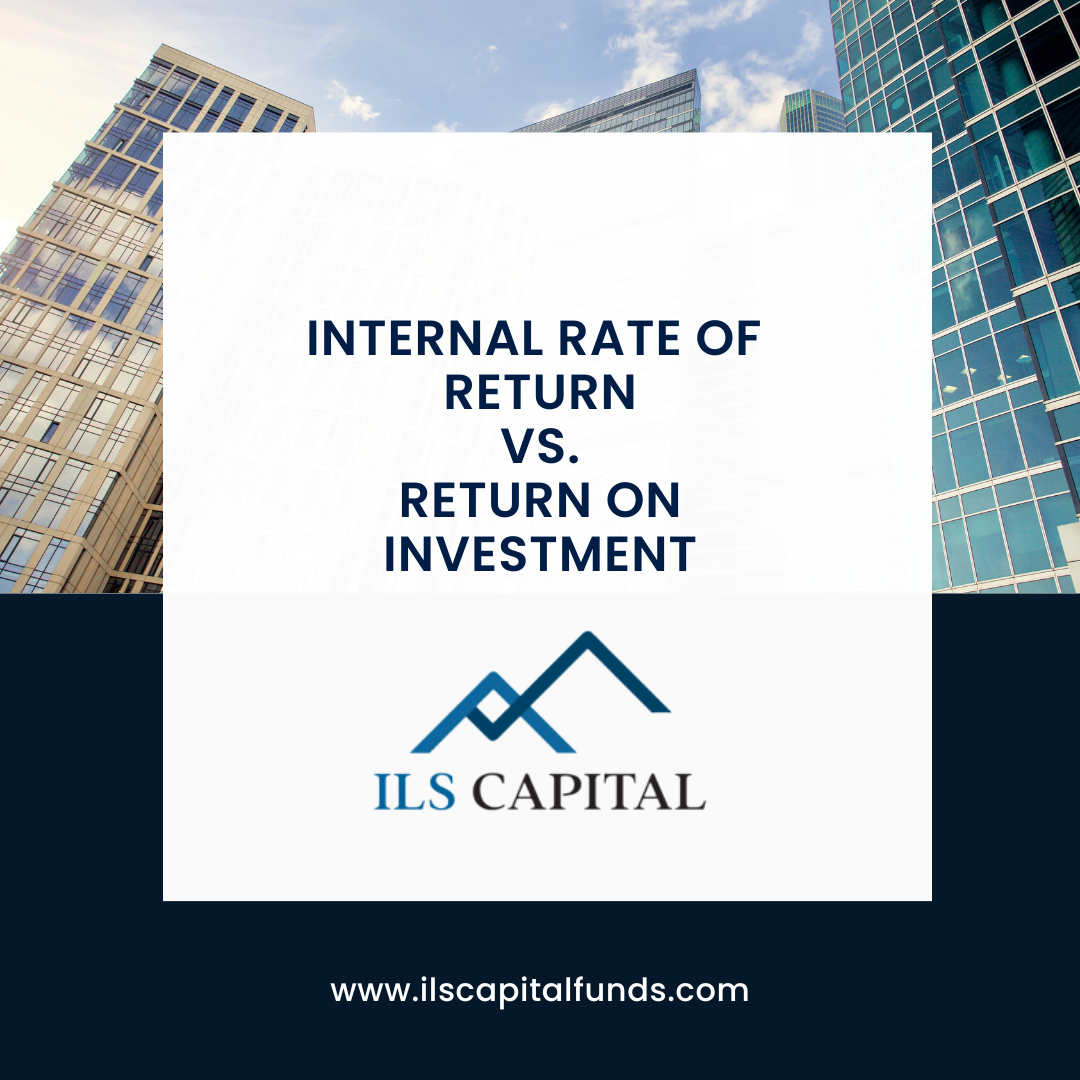Investing is a way to build wealth by taking on calculated risks with the hope of receiving positive returns. For those looking to get involved in investing, it is important to understand the key differences between two of the most used metrics for evaluating investments: Internal Rate of Return (IRR) and Return on Investment (ROI). This blog post will explore the differences between IRR and ROI to help investors make informed decisions.

What is Return on Investment (ROI)?
Internal Rate of Return (IRR) is a popular metric used by investors to measure the profitability of an investment. It is expressed as a percentage and calculated by taking the net profit of an investment and dividing it by the initial cost or outlay. IRR provides a simple gauge of success for investors when deciding how to invest their money to build wealth. However, ROI does not consider the holding period of an investment or the passage of time, which makes this metric difficult to use to compare investments. For example, imagine Jane invested $10,000 in a short-term rehab project and earned $13,000 when the project was completed four months later. To calculate the ROI, divide the net profits ($13,000 – $10,000 = $3,000) by the investment cost ($10,000), for an ROI of $3,000/$10,000, or 30%.
What is Internal Rate of Return (IRR)?
Internal Rate of Return (IRR) is an important concept for investors to understand when it comes to evaluating potential investments. It is a metric used to determine the annual growth rate of an investment and is considered more difficult to calculate than other metrics such as return on investment (ROI). IRR measures the effectiveness of a proposed investment and is often used to compare different investment options to one another. IRR can be used to measure how well an investor’s capital is being utilized. Investors should use IRR when considering how to invest their capital to maximize returns. By understanding IRR, an investor can assess whether a proposed investment will generate a positive return or not. Ultimately, understanding how to calculate IRR can help investors make informed decisions when it comes to investing their capital.

The key differences between IRR and ROI
ROI works best for short-term investments and is simple and straightforward to calculate. However, for longer-term investments, ROI may not accurately represent yearly growth. IRR is more suitable for investments that span multiple periods, as it accounts for changes in cash flows over time. By comparing IRR to other investments with similar time horizons, investors can get a better sense of the potential return of their investments.
Which metric should you use?
When deciding which metric to use, investors should consider the length of the investment period, as well as the size and nature of the project. For short-term investments with a clear beginning and end point, ROI may be sufficient; however, IRR can provide a more accurate indication of investment performance for investments that span multiple periods.


